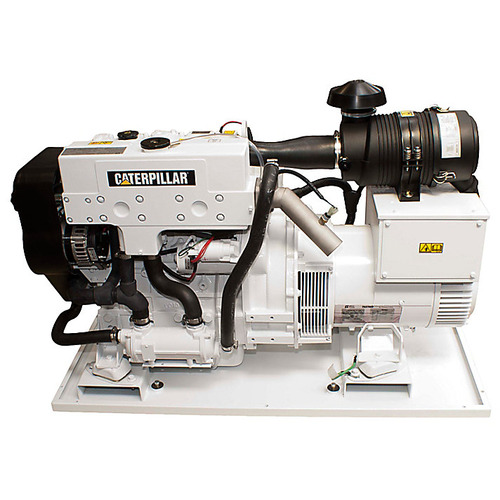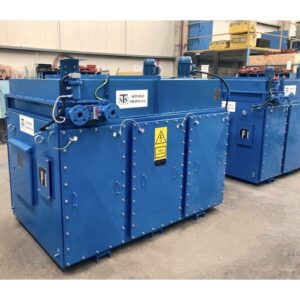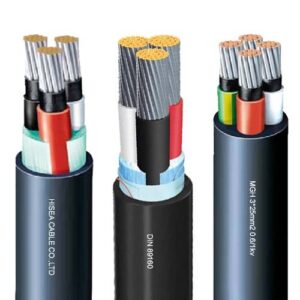Key Features of Marine Generators
1. Design and Structure of Marine Generators
Marine generators are compact and vibration-resistant, built specifically for shipboard integration. Their enclosed and soundproof housing reduces noise while protecting internal components from humidity, salt air, and engine room turbulence.
2. Marine Generators Material
Constructed with corrosion-resistant frames and marine-grade alternators, the units are built to handle harsh marine conditions. Key parts include stainless steel hardware, heavy-duty engine mounts, and protective coatings to extend operational life.
3. Lifting Capacity
Though not designed for lifting, marine generators are available in a wide range of output capacities—from small auxiliary units to high-output systems powering critical loads such as propulsion, HVAC, lighting, and control systems on large vessels.
4. Installation and Integration of Marine Generators
Since its pre-configured for quick integration into engine rooms or deck-mounted enclosures. Generators have flexible base frames and standardized electrical connections, installation is streamlined whether for new ship builds or retrofitted applications.
5. Safety and Control
Equipped with automatic voltage regulators, shutdown systems, and overload protection, these units ensure safe operation under continuous load. Digital control panels allow for real-time monitoring and fault detection, improving both safety and efficiency onboard.
6. Durability and Maintenance of Marine Generators
Designed for minimal maintenance, the generators feature accessible service points, long-lasting filters, and durable engine parts. Periodic checks and oil changes are easy to perform, reducing downtime and extending the generator’s lifecycle.
7. Versatility
These systems cater to various vessel types—from yachts and fishing boats to tankers and offshore platforms. It is available in diesel or gas-powered models. It can be tailored to meet specific voltage, frequency, and capacity needs across different maritime operations.
8. Compliance and Standards
Each unit complies with international marine electrical and emission standards including ISO, IMO, and classification society certifications like ABS, DNV, and Lloyd’s Register. This ensures safety, environmental compliance, and long-term reliability in maritime use.






